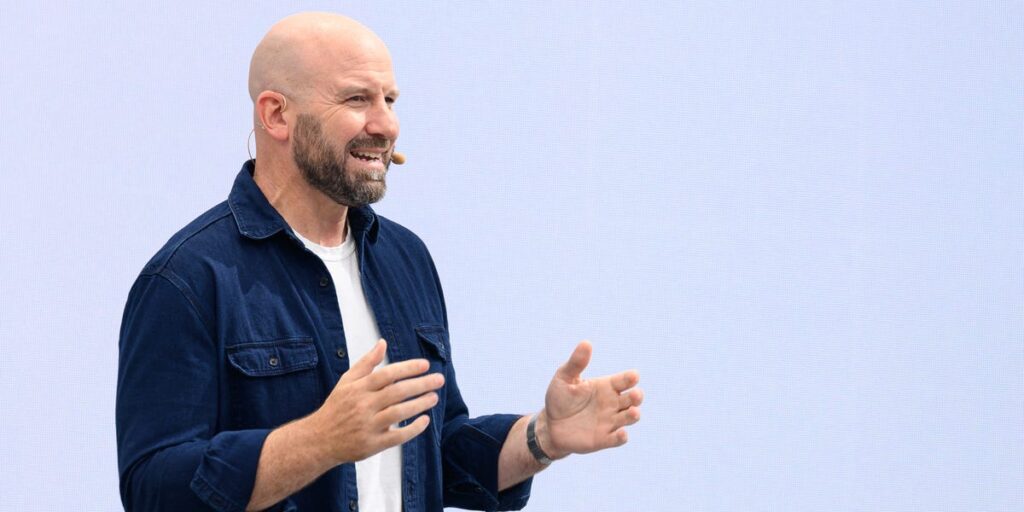Apple’s walled garden approach poses problems not only for regulators and small developers, but tech giants, too.
This week, Meta, at its annual Meta Connect, introduced several new products, including its second-generation Ray-Bans, a neural wristband, Meta Ray-Bans Display, and sports-centered glasses in collaboration with Oakley.
There’s one key integration that the AI-powered glasses won’t be able to manage, however: sending iMessages.
Meta CTO Andrew Bosworth said Apple’s tight controls of its API were to blame for that.
“Right now it’s Messenger and WhatsApp, which obviously are, incredibly popular global messaging platforms. We’d love to expand and do more,” he said on Instagram on Thursday, referring to two Meta-owned messaging apps.
“So, you know, tell your friendly neighborhood Apple employee to build the right permissions and access.”
The way Apple silos its products has come under scrutiny from the Justice Department and European regulators. Apple doesn’t offer Android versions of its apps, for example, which can prevent users from leaving its ecosystem, incentivizing them to buy its products over rivals. Google, on the other hand, is more open and flexible with its API integrations.
Many see the lack of iMessage integration as one of the biggest obstacles to using non-Apple devices.
“The #1 most difficult [reason] to leave the Apple universe app is iMessage,” one former employee said, according to a court filing.
Meta CEO Mark Zuckerberg has criticized Apple for its approach.
In a blog post published on Meta’s website in July announcing the newest Llama AI models, Zuckerberg wrote that “one of my formative experiences has been building our services constrained by what Apple will let us build on their platforms.”
Apple has good reason to protect its walled garden. It is developing its own slate of smart devices, including glasses, AI gadgets, and foldable phones, so it doesn’t have much incentive to let competitors into its system.
Bosworth’s Instagram question-and-answer session came after a rough week for Meta, largely due to glitches in the live demonstrations of its new products.
In one instance, the new Ray-Bans didn’t provide the right steps for food content creator Jack Mancuso, who was doing a live cooking demonstration.
In another instance, the glasses didn’t pick up a live WhatsApp call between Zuckerberg and Bosworth.
“It really was like a demo failure and not like a product failure,” Bosworth said.
Meta and Apple did not immediately respond to a request for comment from Business Insider.
Read the full article here


